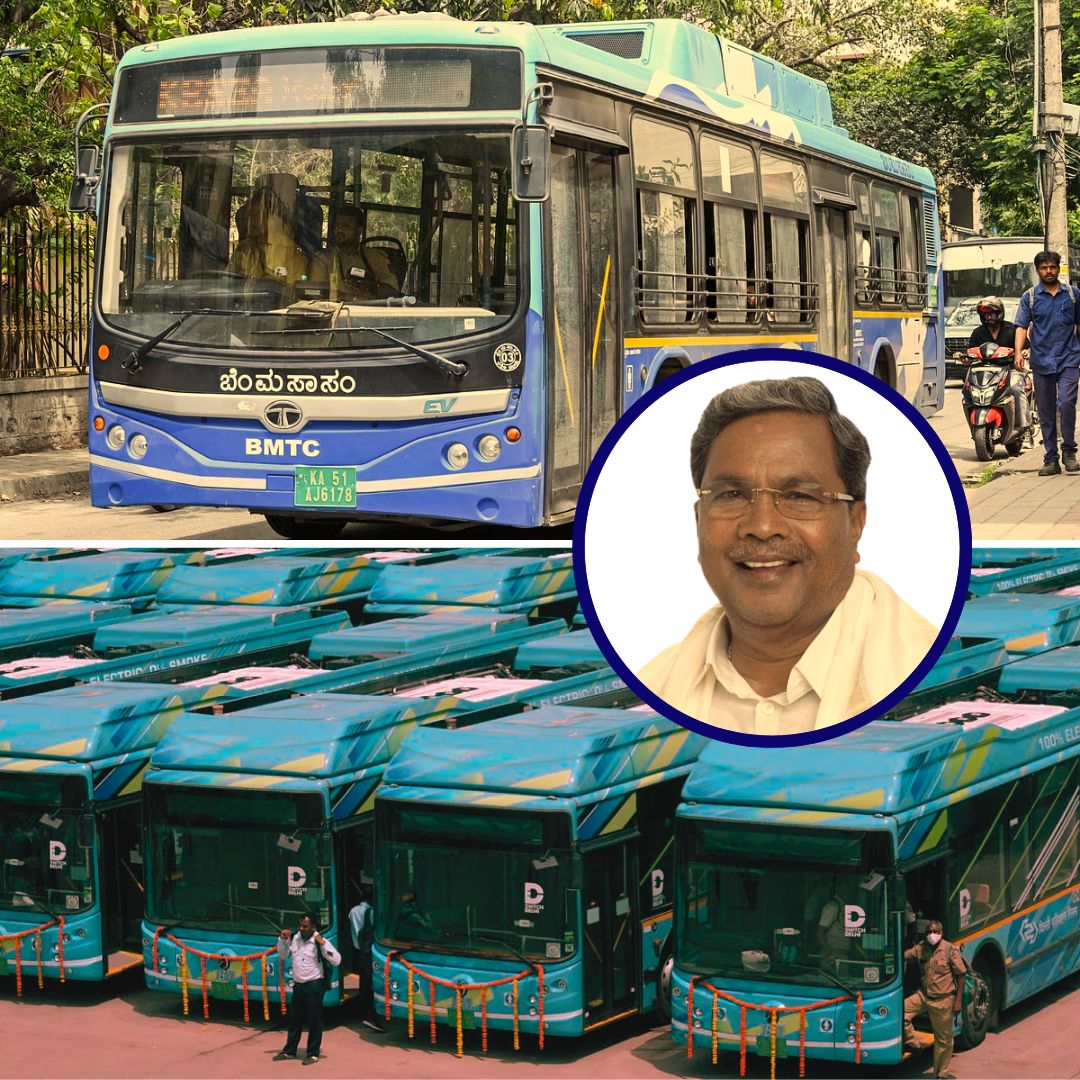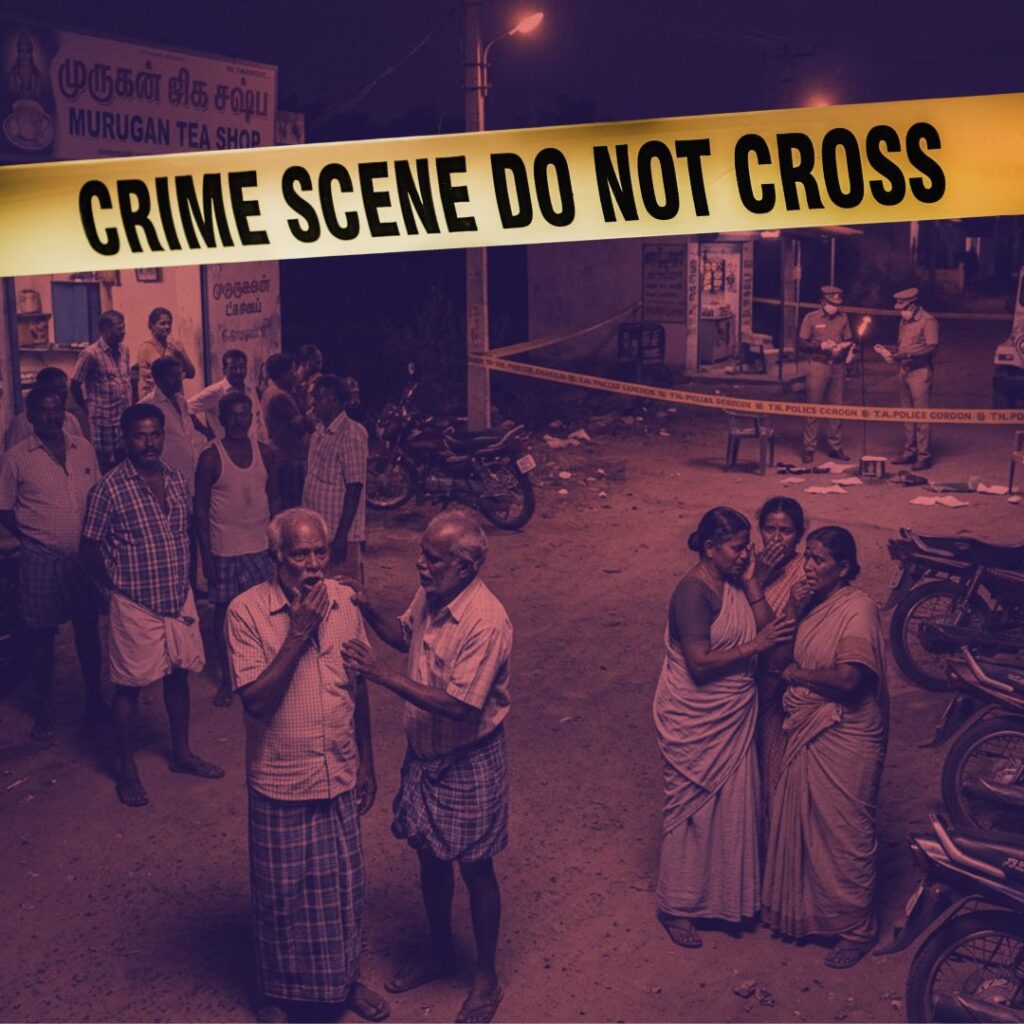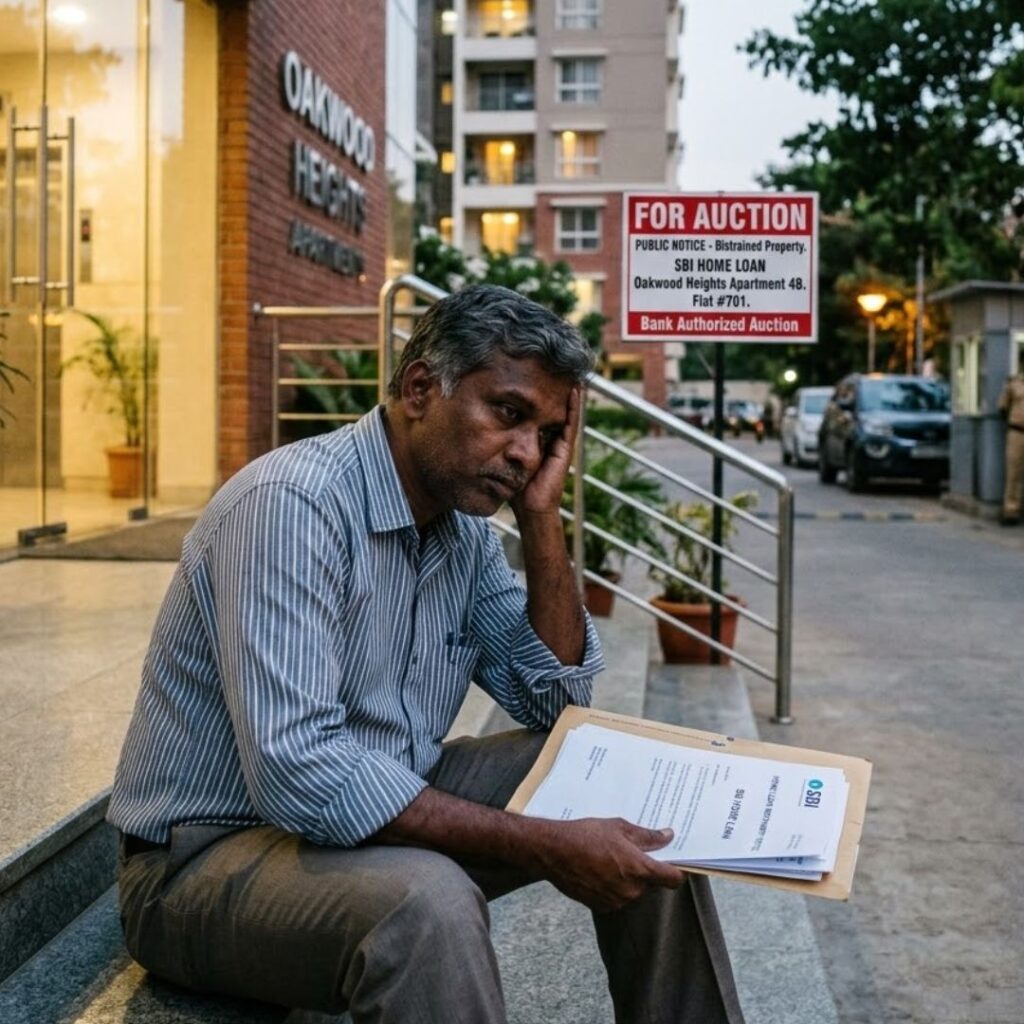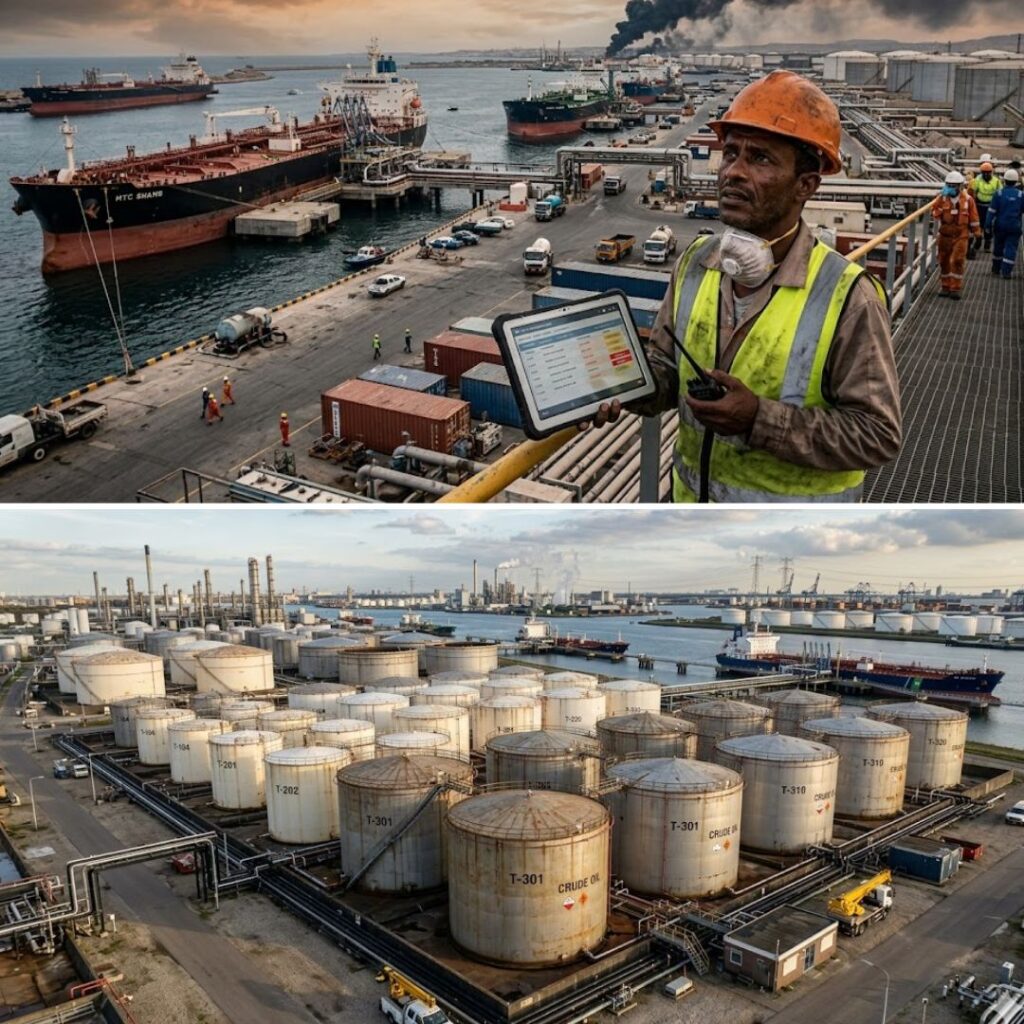The Karnataka Cabinet has approved a comprehensive plan to introduce 4,000 electric buses into its state transport corporations, including BMTC and KSRTC. This ambitious initiative is supported by a ₹3,000-crore low-interest loan from the World Bank.
The move is part of a broader strategy to enhance sustainable public transport in Karnataka, aligning with national goals to reduce carbon emissions. Additionally, Karnataka’s budget for 2025 allocates 9,000 new electric buses to BMTC, aiming for a total of 14,750 e-buses across the state by 2025-26.
This expansion builds on existing efforts like the FAME-II scheme, which has already facilitated the deployment of electric vehicles nationwide.
Boosting Sustainable Public Transport
The electric bus programme is designed to significantly reduce air pollution and improve public transport efficiency in Karnataka. Currently, BMTC operates about 1,027 electric buses in Bengaluru, while KSRTC plans to add 300 more e-buses by mid-2025.
Law and Parliamentary Affairs Minister HK Patil emphasized the initiative’s focus on sustainability and modernising transport infrastructure.
Transport Secretary NV Prasad noted that the procurement model—whether outright purchase or leasing—will be decided after World Bank approval, with only ₹2,000 crore requested as a loan so far. This strategic approach ensures that the project is financially viable and environmentally friendly.
Implementation and Challenges
Karnataka’s push for electric buses aligns with national goals to deploy 50,000 e-buses by 2030 under the National Electric Bus Program. The state’s budget for 2025 highlights sustainable transport as a priority, allocating substantial resources for electric buses.
Initiatives like the Shakthi scheme, which offers free bus travel for women, have increased demand for buses, necessitating fleet expansions.
However, challenges such as infrastructure readiness, operational efficiency, and charging infrastructure will need to be addressed for successful implementation. Ensuring that charging stations are adequately distributed and that maintenance facilities are equipped to handle electric vehicles will be crucial.
The Logical Indian’s Perspective
The introduction of electric buses is a significant step toward sustainable urban mobility and reducing pollution. However, effective implementation and transparency in fund utilisation will be crucial to its success. As Karnataka moves forward with this initiative, it sets an example for other states to follow.
The success of such green transport initiatives depends on factors like robust infrastructure, efficient operations, and public awareness. What do you think are the most critical factors for the success of such green transport initiatives? How can they be scaled up across India to create a more sustainable future? Share your thoughts!











